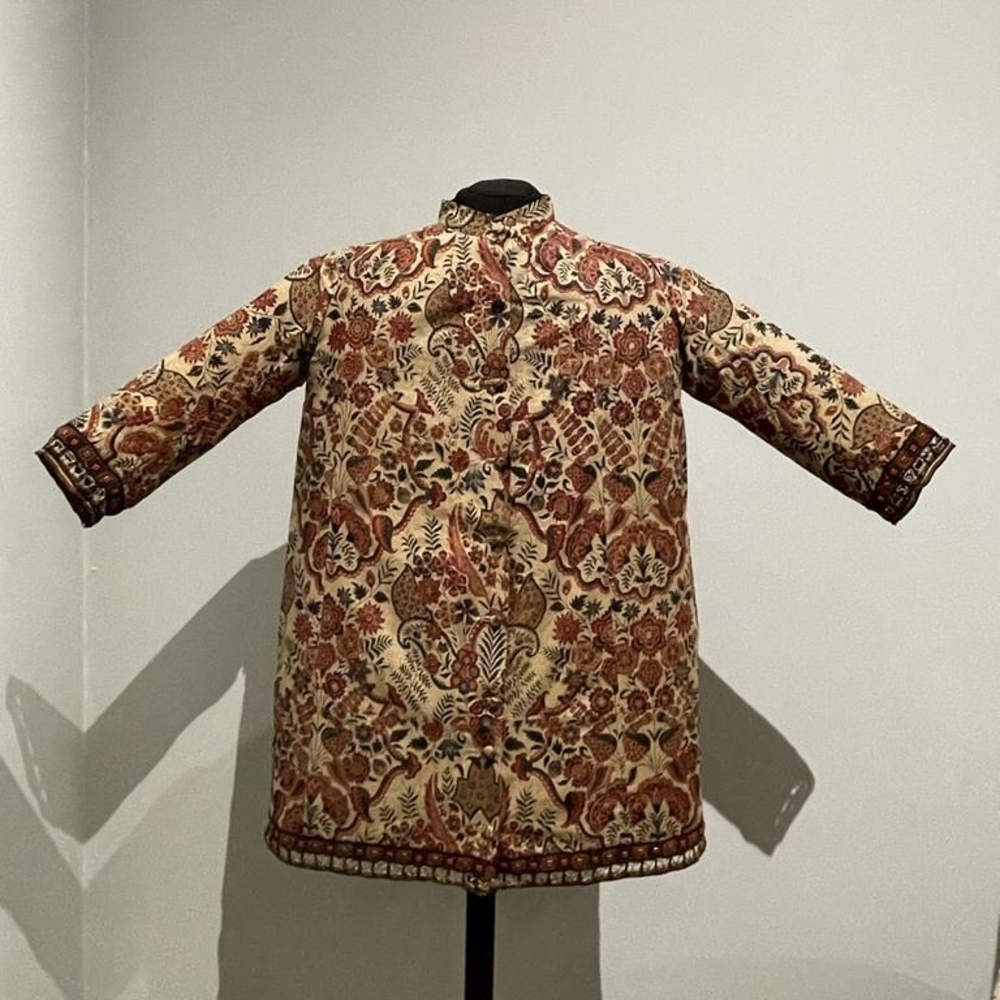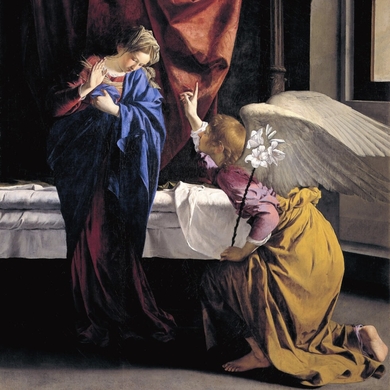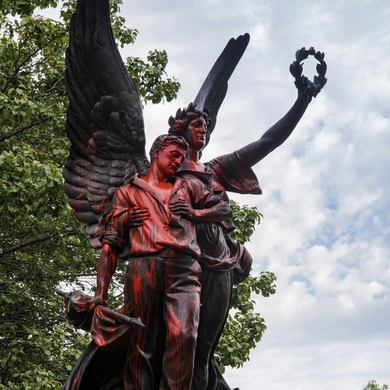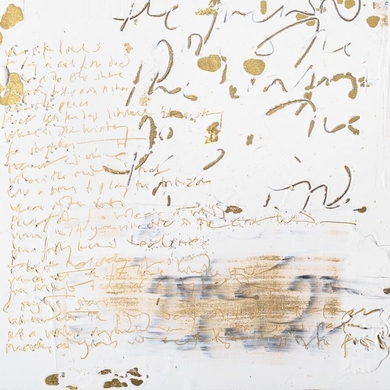Empress Josephine, Napoleon’s wife, had such a fondness for Kashmir’s pashmina shawls that she reportedly owned 60 pieces, sparking a craze for these shawls across 19th-century France. More than half a century earlier, Madame de Pompadour, mistress to Louis XV, was among the many affluent Europeans who enjoyed swathing herself in Indian chintz, so much so that various royal courts declared their import illegal. For centuries, India clothed the world in fabulous fabrics, a subject covered in “When Indian Flowers Bloomed in Distant Lands: Masterworks of Trade Textiles 1250–1850” at Mumbai’s CSMVS (formerly the Prince of Wales) museum. With over 58 pieces of trade cloth, the exhibition displays items that found their way to Japan’s shoguns, Indonesian kings, Thailand’s royalty, and even the fledgling nation of the United States. Sailboats stuffed with Indian textiles roamed the high seas in service to the insatiable international appetite for these items. Curated by Deepika Shah, whose family owns the TAPI collection from which the textiles are sourced, the show includes 700-year-old block prints, 17th-century home furnishings, 18th-century European dress, fabric used in Japanese tea ceremonies, costumes for Thai soldiers, and prayer rugs found in Persia. More prized than bullion, India’s fabrics were the original global commodity. —Gayatri Rangachari Shah
Arts Intel Report
When Indian Flowers Bloomed in Distant Lands: Masterworks of Trade Textiles, 1250–1850

A floral jacket from the exhibition “When Indian Flowers Bloomed in Distant Lands: Masterworks of Trade Textiles 1250–1850.”
When
Feb 8 – Mar 15, 2023
Where
159-161, Mahatma Gandhi Road, Kala Ghoda, Fort, Mumbai, Maharashtra 400023, India
Etc
Photo courtesy of the CSMVS Museum
Explore More
Nov 8, 2025 – Apr 14, 2026
Jan 13 – Mar 21, 2026
Oct 18, 2025 – Oct 16, 2026



